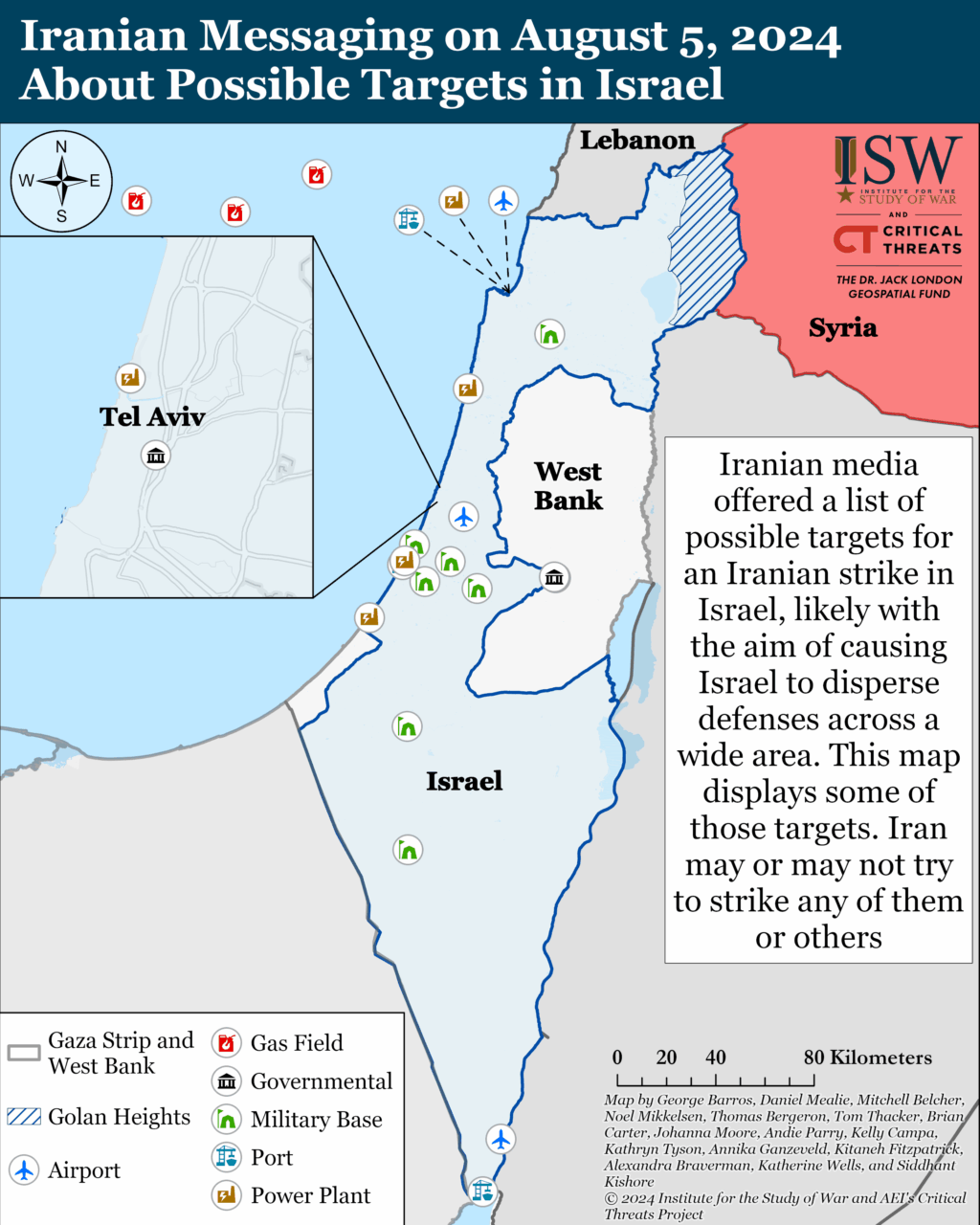
Introduction
The ongoing tensions between Iran and Israel have captivated international attention, raising questions about regional stability and security. This conflict is not merely a recent development but is deeply rooted in historical, ideological, and geopolitical factors. Understanding the motivations and recent escalations is crucial for grasping the broader implications for the Middle East and the world.
Historical Context
The animosity between Iran and Israel intensified after the Iranian Revolution in 1979, which established a theocratic regime opposed to Israel’s existence. Iran’s support for anti-Israel militant groups, such as Hezbollah and Hamas, further complicated relations. This ideological clash is driven by Iran’s self-proclaimed role as a defender of the Palestinian cause and a regional powerhouse against what it perceives as Western imperialism and Israeli aggression.
Recent Developments
In recent months, tensions have escalated significantly due to a series of military confrontations, cyber-attacks, and diplomatic maneuvers. In October 2023, Iran launched drone strikes targeting Israeli interests in the region, which followed Israel’s airstrikes on Iranian military installations in Syria. These actions underscore the volatile nature of their rivalry and the potential for broader conflict.
Moreover, the Iranian nuclear program remains a focal point of conflict. Israel has expressed grave concerns over Iran’s nuclear ambitions, believing that a nuclear-capable Iran poses an existential threat. This has led to a series of Israeli operations aimed at curtailing Iran’s nuclear advancements, further aggravating hostilities.
Geopolitical Implications
The conflict between Iran and Israel transcends their borders, drawing in regional and global powers. The United States, historically an ally of Israel, has been involved in negotiations to prevent Iran from acquiring nuclear weapons. Conversely, Iran’s alliances with Russia and other regional entities challenge US influence in the area.
Conclusion
In conclusion, the conflict between Iran and Israel is complex and multifaceted, steeped in a history of rivalry and marked by recent escalations. The potential for increased military engagement remains a significant concern for regional stability. As both nations pursue their strategic interests, the international community watches closely, aware that an escalation could disrupt peace not only in the Middle East but globally. Understanding these dynamics is essential for policymakers seeking to mitigate future conflicts.



